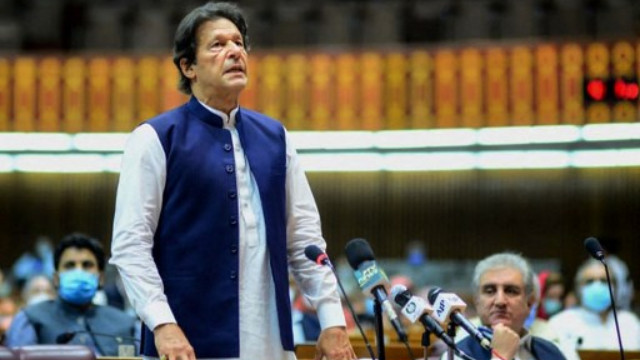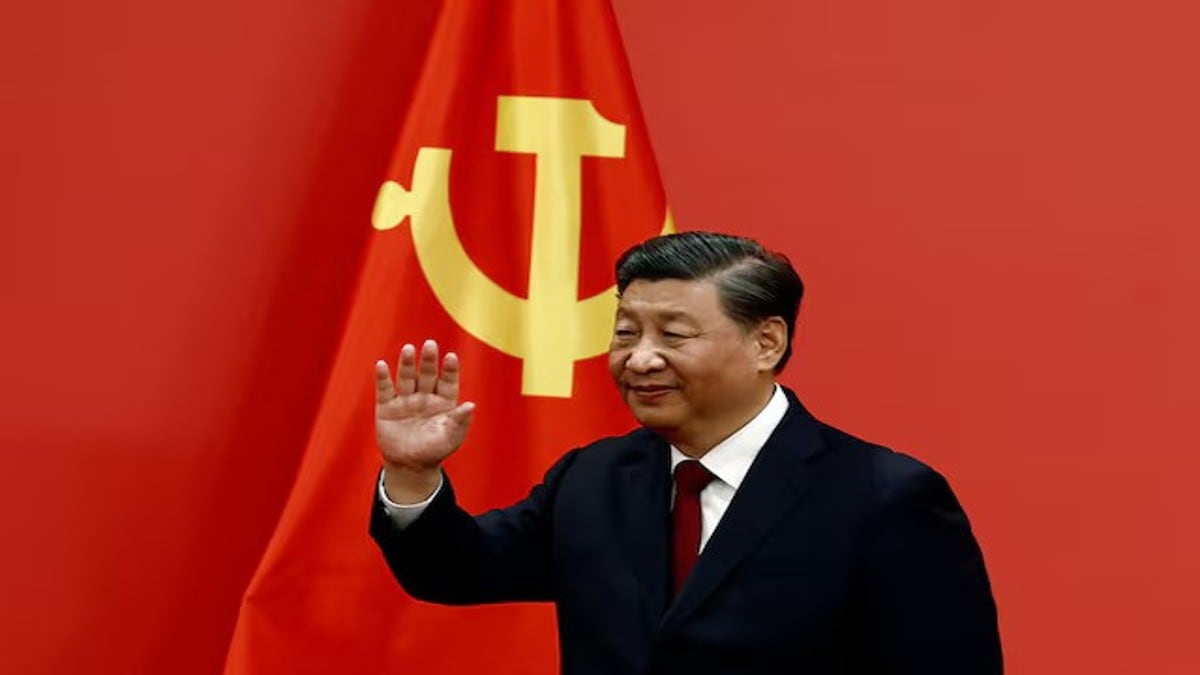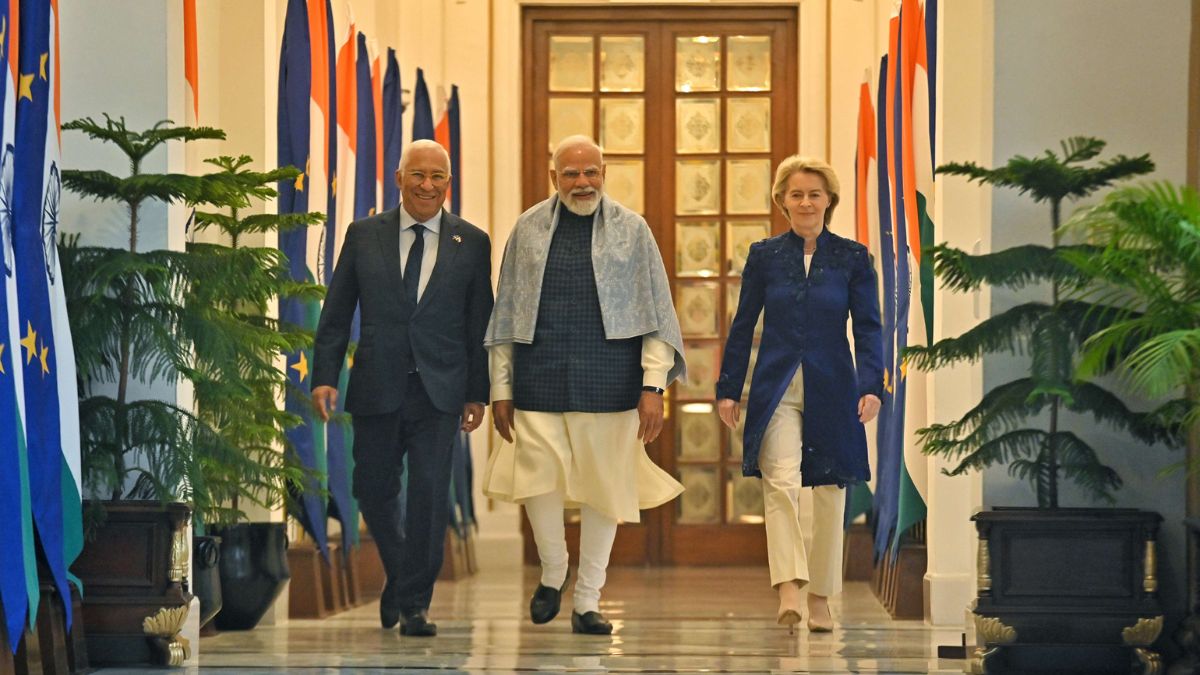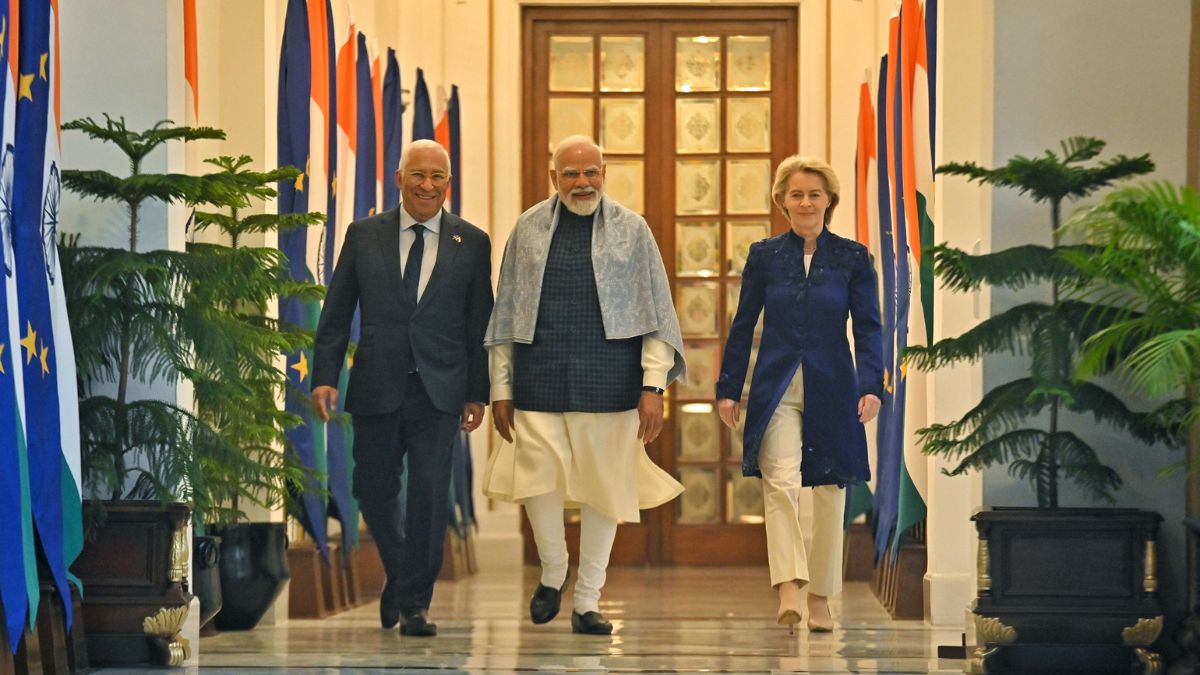Former Pakistan Prime Minister Imran Khan, who heads the Pakistan-e-Tehreek-e-Insaf (PTI) political party, would surely be contemplating how quickly political situations change!
Less than a month ago he had led his party to a notable victory in the by-elections to the Punjab Provincial Assembly; the PTI won fifteen out of the twenty contested seats. That enabled his ally Chaudhari Pervez Elahi to oust Hamza Sharif from the chief minister’s seat, although after the intervention of the country’s Supreme Court. With Punjab, by far Pakistan’s most important province under Imran Khan’s control, speculations had begun on how long the People’s Democratic Alliance government led by Shahbaz Sharif could continue in office.
But all this was about twenty days ago.
Now, Imran Khan is under intense pressure because the Election Commission of Pakistan has ruled that the PTI has received prohibited funding. That has necessarily damaged Khan’s claims of probity. And, this has happened when for many months he has been hurling charges of corruption and abuse against the Sharifs, the Zardari-Bhuttos and Maulana Fazlur Rehman, the mainstay of the PDM. While the ECP order is damaging in itself more dangerous to Khan’s political future and well-being is the complete breakdown that has occurred since the beginning of August in his ties with current Army Chief General Qamar Bajwa. These developments are transforming Pakistan’s political scene.
Imran Khan is not the first Pakistani politician to have fallen from the army leadership’s favour after being once its favourite. Certainly, his bete noir Nawaz Sharif, like Khan, was a protégé of the army till he imagined that he could take on the men in Khaki. Indeed, the army propped up Khan against Sharif and ensured that he won the 2018 general elections to become prime minister. From the time he became prime minister in the summer of 2018 to autumn last year it was continuously asserted by Khan — and without a large element of truth — that the Army and he were on the same page. An example of this coincidence of views was witnessed in the country’s response to the constitutional changes brought about by the Modi government in Jammu and Kashmir in August, 2019.
The ‘same page’ system collapsed when Khan threw a tantrum last October at Bajwa’s decision to shift Khan’s favourite army officer, Lt Gen Faiz Hameed from his post as director general of the ISI to the post of Corp Commander Peshawar. Hameed helped Khan in political management. Consequently, he resisted Bajwa’s decision even after it had been formally announced by the army. Khan eventually gave in. However, the ‘trust’ that existed between Bajwa and him got ruptured. After that, it was difficult to believe that Bajwa and other senior generals, who, as a rule, do not want any political interference in the army’s internal functioning, would allow Khan to remain Prime Minister at a time when a successor to Bajwa had to be chosen. Bajwa’s extended term ends on 29 November this year. Indeed, this writer had raised the question in his analyses on the Pakistan situation after the Faiz Hameed episode if the army would allow Khan to continue as prime minister beyond this summer.
Quick Reads
View AllWhile Bajwa succeeded in using the PDM to oust Khan and the PTI in April this year, the former Pakistan cricket captain did not go quietly into the sunset. He rallied his cadre and gained considerable sympathy among both sections of the public and, it is believed, junior officers in the Army. His claim that he was ousted because of a US conspiracy resonated with sections of junior officers of the army. He also charged not only PDM leaders with collaborating with the US but made not-so-subtle references against Pakistani generals for being Mir Jaafars and Mir Sadiqs. The former was the traitor who betrayed Nawab Siraj-ud-Daulah of Bengal to the British and the latter who did the same to Tipu Sultan.
As the political crisis developed in Pakistan in March and April, Bajwa maintained that the army was apolitical. This too had enraged Khan who had railed against the ‘neutrals’. Of course no observer believed that Bajwa had remained ‘neutral’ in the political struggle which led to Khan’s losing the PM’s office after the Supreme Court had decisively intervened. Over the past four and a half months Bajwa and his supporting generals could only have watched with concern as Khan demonstrated his continuing political support. Clearly, in the tradition of the Pakistan Army they would have wanted to strike back but could only do so only when an opening came their way.
The opening that the army has used to push Khan emerged after the PTI raised doubts about Pakistan’s role in the US killing of the al Qaeda leader Ayman Zawahiri in Kabul on 31 July. Another significant opening emerged because of the inappropriate remarks made on the social media by some PTI associates against the army. This occurred after the crash of an army helicopter on 1 August in Balochistan in which some senior army officers including Quetta Corp Commander Lt Gen Sarfraz Ali lost their lives. And, the final opening was provided on 8 August by Imran Khan’s special assistant Shahbaz Gill who virtually asked junior officers of the Pakistani Army not to obey unlawful orders of their superiors. He did so during an interaction on a private Pakistani TV channel. Gill has been arrested and is being probed for sedition and inciting rebellion. These are the most serious criminal charges and have put the PTI on the back foot. Khan is naturally proclaiming his faith in and support for the army. However, Bajwa and the PDM have now got the opportunity they were looking for against Khan. Now the PTI leader will have to think twice before he begins to really press for early general elections even though he may do so for the record.
The findings of the ECP are also a serious indictment of the PTI which always draws a distinction between its honest leader and the ‘looteras’ of the other parties. In impressive detail the ECP has reported how PTI broke Pakistani laws to raise funds abroad from foreign companies and non-Pakistani individuals. Interestingly, among these persons mentioned in the ECP order are some who seem to be of Indian origin. This order has obviously embarrassed Khan who tried his best, over many years, that it did not see the light of day. The political implications of this order will haunt Khan for a long time and may have very serious consequences for his party’s and his own future. This drama is only now beginning.
It is not in Khan’s nature to go down without fighting. He has considerable support still despite recent setbacks. It will require considerable adroitness on the part of both the PDM leaders, the army and the institutions to handle Khan. But the dice is now loaded against him. Meanwhile, as pressures will lift from Shahbaz Sharif government because of Khan, the internal contradictions of the PDM would no doubt emerge but the Army would attempt to contain them. Finally, soon enough attention will turn to Bajwa and his tenure. This writer believes that he will go at the end of his extended tenure in November and Shahbaz Sharif will choose his successor.
The writer is a former Indian diplomat who served as India’s Ambassador to Afghanistan and Myanmar, and as secretary, the Ministry of External Affairs. Views expressed are personal.
Read all the Latest News, Trending News, Cricket News, Bollywood News,
India News and Entertainment News here. Follow us on
Facebook,
Twitter and
Instagram.


)

)
)
)
)
)
)
)
)



